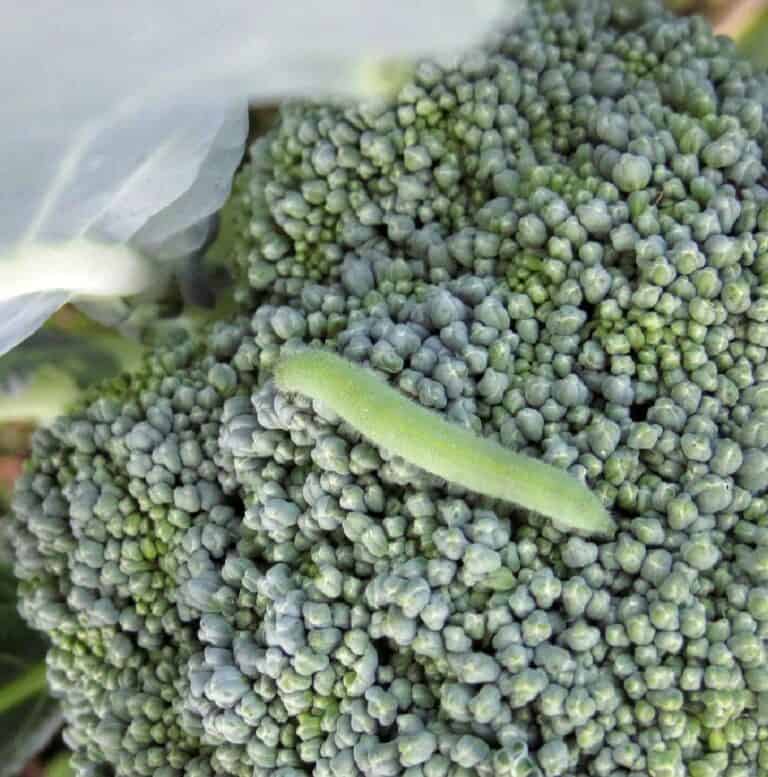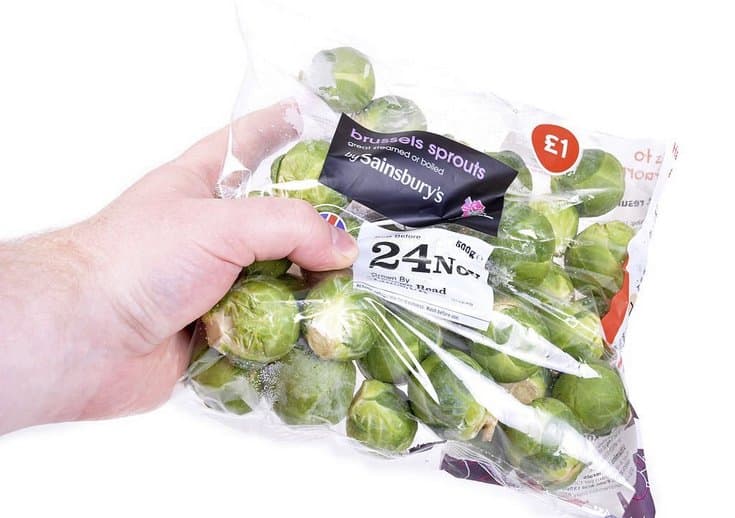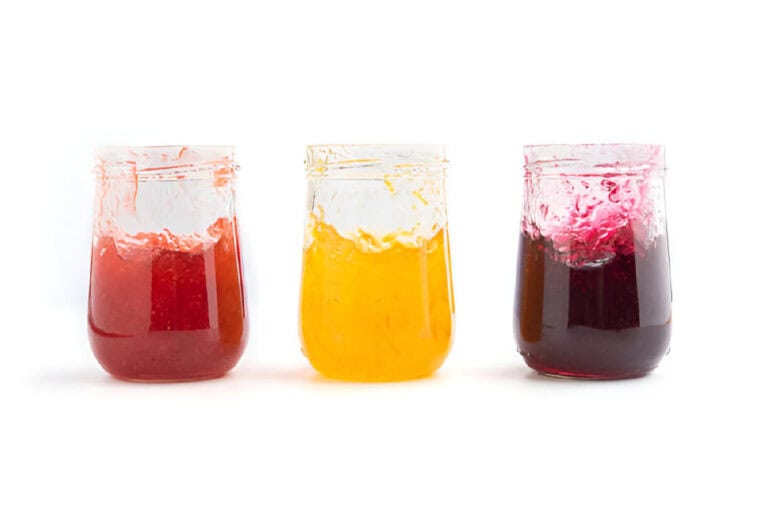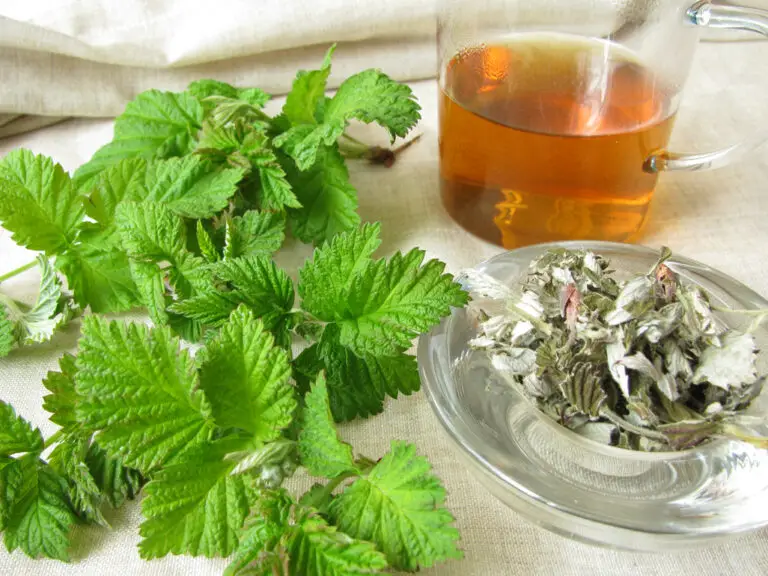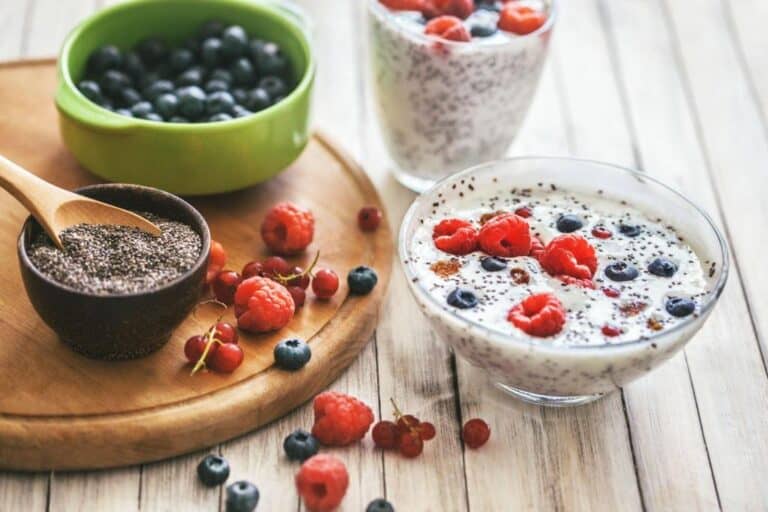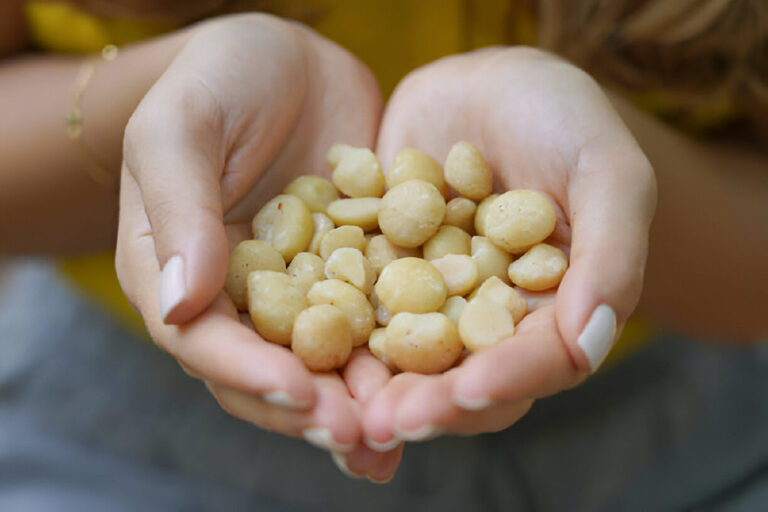Can You Eat Kumquat Skin? Is Kumquat Skin Edible?
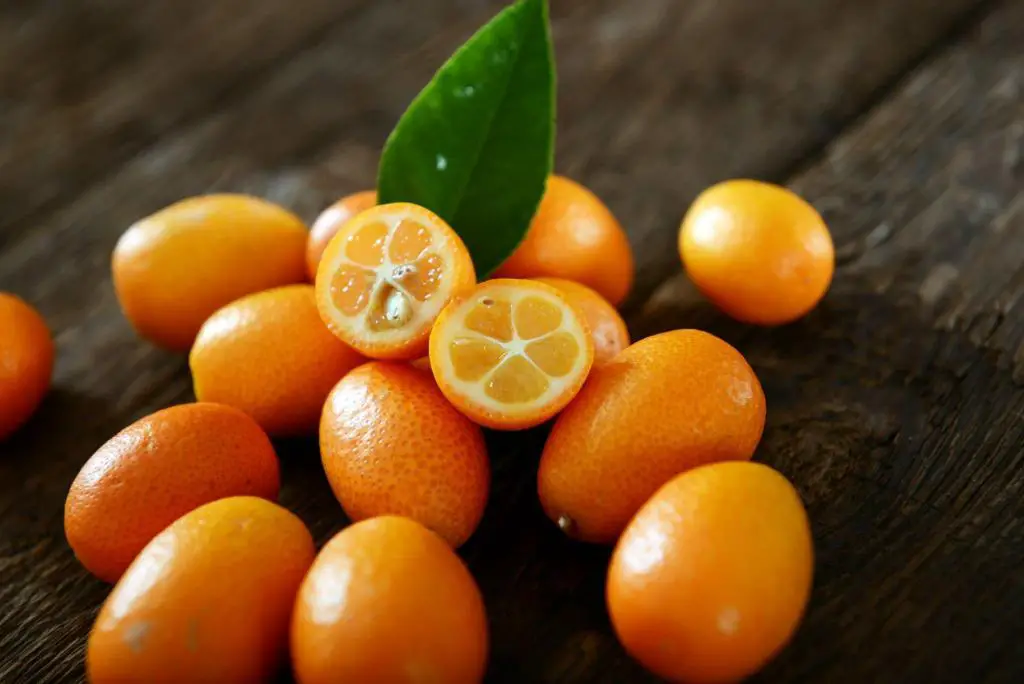
If you’ve never tried a kumquat before, you might be surprised to learn that this tiny fruit is packed with flavor and nutrition. With their bright orange color and sweet-tart taste, kumquats are a popular addition to salads, desserts, and even cocktails.
But what about the skin? Is it safe to eat, or should you peel it off before taking a bite?
Many people are hesitant to eat the skin of any fruit, but kumquat skin is actually edible and contains many of the same health benefits as the fruit itself. In fact, the skin is where most of the fiber and vitamin C are found, making it a nutritious addition to your diet.
So, can you eat kumquat skin? Absolutely! Just be sure to wash the fruit well and try a small piece first to make sure you like the taste and texture. With its many health benefits and delicious flavor, kumquat skin is definitely worth trying if you’re a fan of this unique and tasty fruit.
Why Do People Like to Eat Kumquat?
Kumquats are a small citrus fruit that comes from China. Their unique taste and health benefits have made them popular all over the world. People like to eat kumquats for many reasons, including their refreshing taste, the fact that they can be used in many different dishes, and their many health benefits.
Below are some reasons why people like kumquat among other fruits:
- Firstly, kumquats have a delightful taste that is both sweet and tangy. The fruit’s skin is thin and edible, while the flesh is juicy and tart. The combination of these flavors makes kumquats a popular snack that satisfies both sweet and sour cravings. Many people find that eating kumquats is a refreshing and satisfying way to satiate their hunger and thirst.
- Kumquats are incredibly versatile in cooking. Their tangy flavor and small size make them a perfect addition to many recipes, including salads, sauces, and desserts. They can also be candied or preserved and used as a garnish or ingredient in cocktails. Kumquats are a popular ingredient in Asian cuisine and are often used to flavor soups and stews.
- Kumquats are made up of mostly water, which makes them an excellent hydrating food. Staying hydrated is essential for maintaining optimal health and wellness, and kumquats can help you do just that. Eating kumquats can also help prevent dehydration-related problems such as dry skin, headaches, and fatigue.
- In addition to being hydrating, kumquats are also filling due to their high fiber content. Fiber is an essential nutrient that plays a crucial role in digestive health, promoting feelings of fullness, and regulating blood sugar levels. Eating fiber-rich foods like kumquats can help reduce the risk of developing chronic diseases such as heart disease, diabetes, and obesity.
- Lastly, kumquats are loaded with health benefits. They are a great source of vitamin C, fiber, and antioxidants, which help in many aspects of our body in overall health.
Health Benefits of Eating Kumquat
The kumquat is a small citrus fruit that looks like an orange and tastes both sour and sweet. It is rich in vitamin C, fiber, and antioxidants, which offer numerous health benefits. Eating kumquats regularly can help improve digestion, boost immunity, and aid in weight loss.
The high fiber content in kumquat can help regulate bowel movements, preventing constipation and promoting a healthy digestive system. Also, the antioxidants in the fruit protect against harmful bacteria and inflammation in the digestive tract, which can lower the risk of colon cancer.
Kumquat is also an excellent source of vitamin C, which helps support a strong immune system. Vitamin C acts as an antioxidant and can protect against harmful free radicals that cause damage to the body’s cells. Furthermore, consuming vitamin C-rich foods like kumquat can help reduce the severity of colds and other respiratory infections.
For those looking to lose weight, kumquat is a great choice. The fruit is low in calories and contains fiber, which helps keep you feeling full for longer periods of time. As a snack, kumquats can help you feel less hungry and stop you from eating too much, which can help you lose weight.
Can You Eat Kumquat Skin? Is Kumquat Skin Edible?
The short answer is yes, you can eat kumquat skin, and it is actually quite beneficial to do so. Kumquat skin is thin and has a slightly bitter taste that complements the fruit’s sweet and tangy flavor.
Eating the skin can add a pleasant texture to the fruit as well as a boost of nutrients. There are a lot of essential oils and antioxidants in the skin, which help keep the body healthy and reduce inflammation.
In fact, many people consider the skin to be the most nutritious part of the fruit. The skin contains high levels of flavonoids, a type of antioxidant that helps protect the body against disease and inflammation. These antioxidants are especially good for the skin because they help make it look better and slow down the aging process.
The skin of a kumquat is a great place to get fiber, which is very important for keeping your digestive system healthy. Fiber is the part of plant-based foods that can’t be digested. It passes through the digestive system mostly unchanged, giving the stools more bulk and making it easier to go to the bathroom.
However, it’s important to note that not all kumquats are suitable for eating the skin. Some kinds have skins that are thicker and harder, making them harder to chew and digest. It’s also important to wash the kumquats thoroughly before eating them to remove any pesticides or dirt that may be present.
TIPS 
There are a few things to keep in mind when eating kumquat skin. First, be sure to wash the fruit thoroughly to remove any dirt or pesticides. You may also want to try a small piece of the skin first to see if you like the taste and texture. Some people find the skin to be a bit bitter or tough, while others enjoy the added flavor and texture it provides.
Do Kumquat Need To Be Peeled Before Eating?
One common question that people have is whether they need to peel the fruit before eating it. The answer is no, kumquats do not need to be peeled before eating, but there are some things to consider before consuming them.
Kumquats are a small fruit that is typically eaten whole, including the skin. The fruit’s skin is thin and edible, and it adds a pleasant texture to the flesh. So, eating kumquats whole is not only safe but also quite nutritious.
It’s also worth noting that some people may not enjoy the taste of the skin, as it has a slightly bitter flavor that can be overpowering. If this is the case, the fruit can be peeled before eating, or the skin can be removed and used in cooking or for other purposes.
Taste of Kumquat Skin
When it comes to the kumquat skin, it has a distinctively tangy, bitter taste that some people may find overpowering. Essential oils and other compounds in the skin give it a strong, citrusy flavor that some people may not like at first.
The kumquat skin’s taste can vary depending on the ripeness of the fruit. If the kumquat is not fully ripe, the skin can be very bitter and unpleasant to eat. On the other hand, a ripe kumquat’s skin will be sweeter and less bitter, making it more palatable. In general, the skin is less sweet than the fruit’s flesh but has a more intense flavor.
The kumquat skin’s taste makes it a unique ingredient in cooking and baking, and it is commonly used in recipes that require a citrus flavor. The skin can be candied and used as a garnish, or it can be finely chopped and added to sauces, dressings, and marinades to give them a tangy kick. The skin of a kumquat can also be used to flavor alcohol or tea with a citrusy, refreshing flavor.
How Long Does Kumquat Skin Last?
The shelf life of kumquat skin can vary depending on a variety of factors. If the kumquats are stored at room temperature, the skin may last for up to a week. However, if the fruit is stored in the refrigerator, the skin may last for up to two weeks.
It’s important to note that the fruit may start to lose its flavor and texture after a few days, so it’s best to consume it as soon as possible.
To extend the shelf life of kumquat skins, you need to store them properly. Keep the fruit in a cool, dry place, away from direct sunlight and moisture. If you have already cut into the fruit, wrap it tightly in plastic wrap or store it in an airtight container to prevent moisture from seeping in.
If you have a surplus of kumquat skin and don’t plan on eating it immediately, you can also consider freezing it. Simply wash and dry the skin thoroughly, then place it in a freezer-safe container or bag. The skin can be frozen for up to three months and used in a variety of recipes, such as jams, marmalades, and baked goods.
How to Know if Kumquat Gone Bad
Like all fruits, kumquats do have a shelf life and can go bad if not stored properly. Here are some tips on how to tell if your kumquats have gone bad.
First, look for any signs of mold or discoloration on the skin. If the fruit has any soft or mushy spots, it may be starting to spoil. The skin of the kumquat should be smooth and firm, with a bright orange color. If the skin looks wrinkled or shrunken, it could mean the fruit has started to dry out.
Next, smell the fruit. Fresh kumquats have a sweet and citrusy aroma, while spoiled kumquats may have a sour or musty odor. If the fruit smells off or unpleasant, it’s best to err on the side of caution and discard it.
Finally, give the fruit a gentle squeeze. If it feels soft or squishy, it may be overripe or spoiled. Fresh kumquats should have a slight give to them when gently squeezed, but should not be overly soft or mushy.
Why Does Eating Kumquat Make My Stomach Hurt?
While kumquats are a healthy and nutritious fruit, some people may experience digestive discomfort after eating them. There can be several reasons why eating kumquats may cause stomach pain or discomfort.
- One reason is that kumquats are high in fiber, which can be difficult for some people to digest. If you are not used to eating a lot of fiber, introducing large amounts of it into your diet suddenly can cause gas, bloating, and stomach pain. To avoid these symptoms, it is recommended to increase your fiber intake gradually.
- Another reason why eating kumquats can cause stomach pain is due to their acidity. Kumquats, like other citrus fruits, are acidic and can irritate the stomach lining. If you have a sensitive stomach or suffer from acid reflux or heartburn, eating kumquats may exacerbate these symptoms.
- Additionally, some people may be allergic to kumquats or have a sensitivity to them. Symptoms of an allergy can include stomach pain, nausea, vomiting, and diarrhea. If you experience these symptoms after eating kumquats, it is important to avoid them and seek medical advice if necessary.

